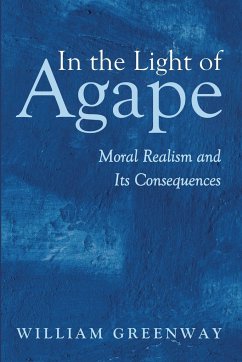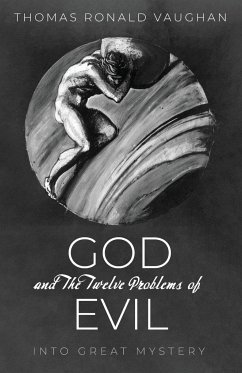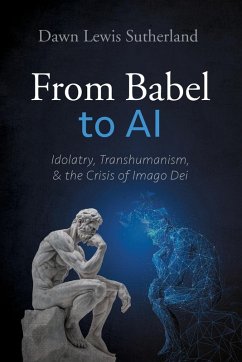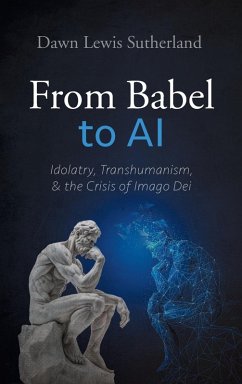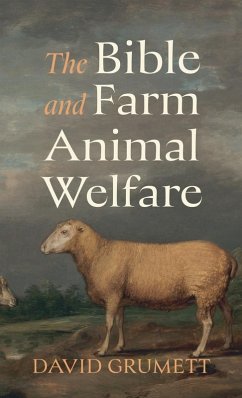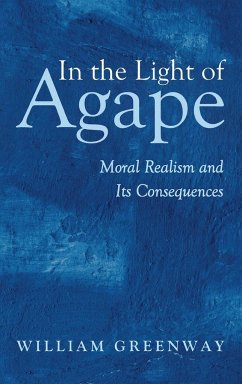
In the Light of Agape

PAYBACK Punkte
17 °P sammeln!
We see children squealing with delight in new-fallen snow. We see shocked survivors of the tsunami hugging broken bodies. We are not at first objective, detached, or neutral. Instantly we are joyful or horrified. A singular force fuels our joy and our horror: agape. Agape is as palpable as gravity. As weight is to gravity, so good is to agape (or, in violation, so evil is to agape). Predominant Western rationalities preclude theorizing of agape. So secular intellectuals, awakened to agape but conceptually hobbled, lament a "crisis of foundations" in ethics and a "legitimization crisis" in poli...
We see children squealing with delight in new-fallen snow. We see shocked survivors of the tsunami hugging broken bodies. We are not at first objective, detached, or neutral. Instantly we are joyful or horrified. A singular force fuels our joy and our horror: agape. Agape is as palpable as gravity. As weight is to gravity, so good is to agape (or, in violation, so evil is to agape). Predominant Western rationalities preclude theorizing of agape. So secular intellectuals, awakened to agape but conceptually hobbled, lament a "crisis of foundations" in ethics and a "legitimization crisis" in political theory. In the light of agape, however, there is no question about any sovereign's basic ethical responsibilities nor about myriad ethical issues (the evils of pedophilia, rape, slavery, racism, exploiting illness for profit). Thus, agape can ground ethics globally. Moreover, insofar as "faithful" signifies not propositional assent but living fidelity to agape, agape can ground interfaith spiritual consensus. Engaging intellectuals from Augustine and Dostoevsky to Emmanuel Levinas and Peter Singer, tackling issues from animal rights and the essence of spirituality to the passion of Torah and interfaith relations, Greenway demonstrates the spiritual fecundity and real-world ethical potentials that flow from philosophical exploration of agape.





